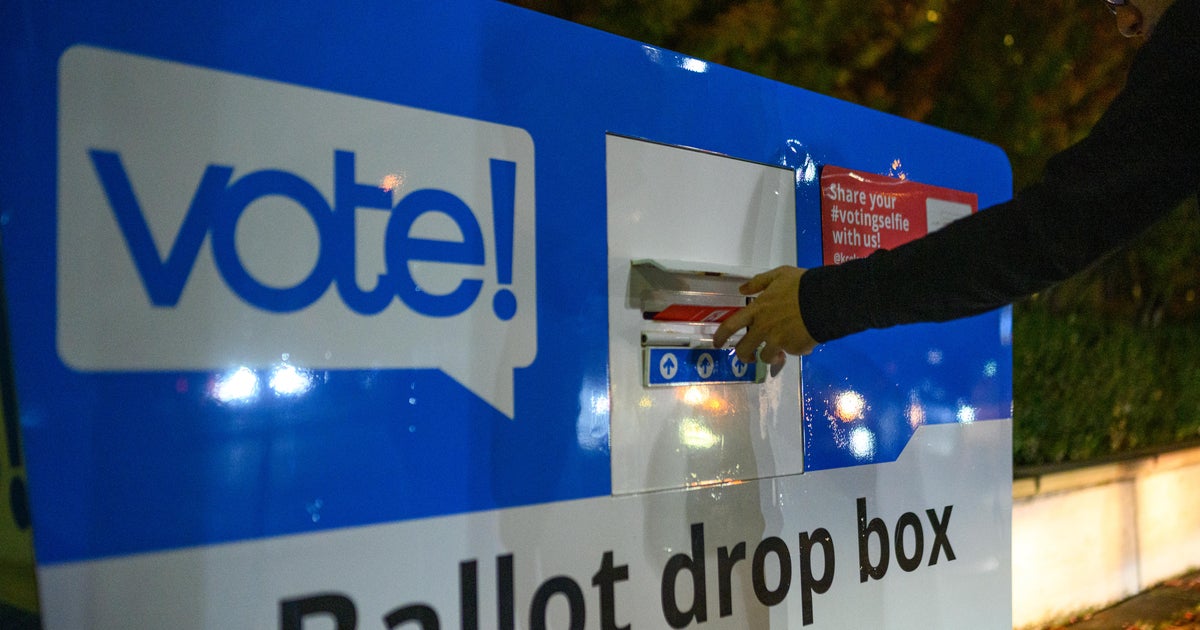Fiery debate over election integrity plays out in Michigan
Lansing, Michigan — Michigan's secretary of state worries the chaotic scene that happened in Detroit — when hundreds of protesters sought to challenge President Biden's victory — a day after the 2020 election will happen again.
"The 2020 election is indeed behind us, but the war over the future of our democracy continues to escalate," Jocelyn Benson, a Democrat, told CBS News. "We're facing an uphill battle given the real coordinated, concerted strategy to lie to individuals to achieve political gain."
The biggest lie voters have been told, she said, is "that the 2020 election was not accurate when indeed it was."
Two-thirds of Republicans believe the 2020 election was fraudulent, according to a recent CBS News poll.
At least 31 people who rallied in Washington, D.C., on January 6, 2021, are now running for state or federal office, CBS News found. Six of those candidates are running for election in Michigan, including House candidate Jon Rocha, who was endorsed by former President Trump.
"I felt there were enough irregularities in the 2020 election that there needed to be redress of grievances," Rocha told CBS News about why he traveled to Washington a year ago.
But no court in the country has found evidence of widespread election fraud.
Michigan is one of the fiercest battlegrounds over how future elections will be conducted. Republicans in the state are using a quirk in the state constitution to change election laws without the governor's signature.
"We need to do some stuff to tighten up the way absentee ballots are handled," said Jamie Roe, who runs the Michigan group Secure MI Vote.
Critics say Roe's group is working to make it harder to vote by proposing new voter ID requirements and preventing officials from sending unsolicited absentee ballot applications to voters.
Benson called the efforts misguided and unnecessary, saying there's been no widespread fraud in Michigan's elections.
Republicans in Michigan have also replaced some local Republican election officials who approved the 2020 results, raising concerns among nonpartisan election experts about how future ballots counts might be handled, especially in close contests.




